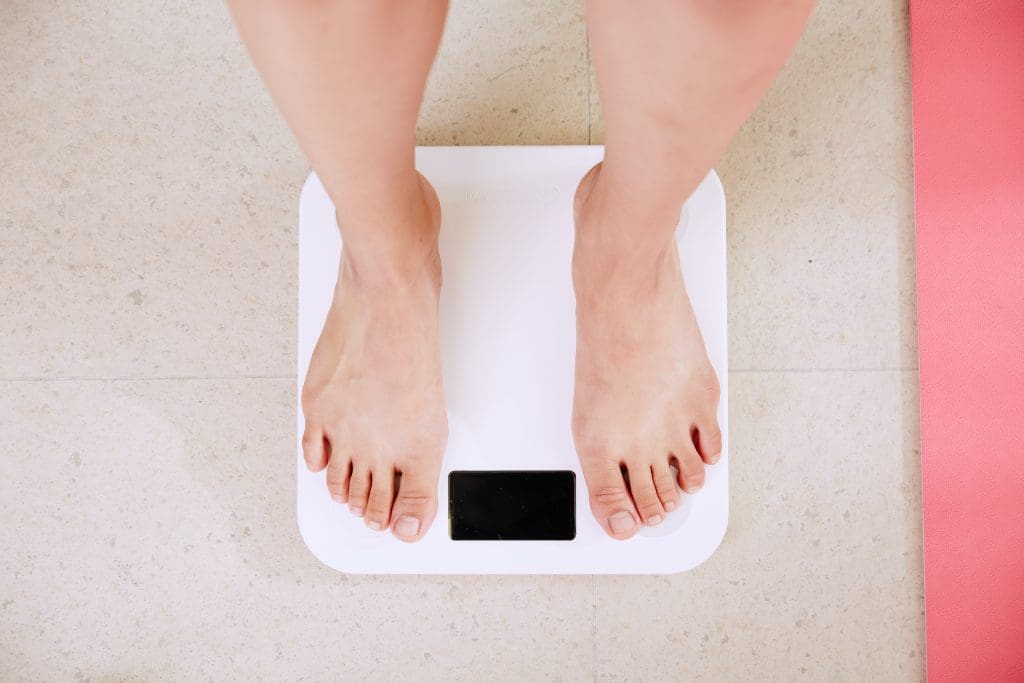Weight loss isn’t easy, but it isn’t impossible.
There are many ways for a person to lose weight, but let’s face it, not all of it is safe. As a result, people have become skeptical of trending diet and weight loss plans, one of which is intermittent fasting (IF).

Many people have been saying that intermittent fasting worked for them, but most didn’t explain what IF is and how to do it. So in this write-up, we’re going to talk about precisely that.
Intermittent fasting explained
Intermittent fasting is a kind of weight loss plan that is about “when” to eat. From the name itself, you fast and eat at a specific time or eat meals on specific days in a week. With intermittent fasting, the body drains all the sugar the body stores and burns fat instead. This is because the fasting part allows our body to go without food for hours.
There are different types of intermittent fasting; 16/8 fasting, 5:2 approach, and 72-hour fasting periods.

The 16/8 stands for 16 hours of fasting and an 8-hour eating window. Let’s say you start eating at 10 AM and end at 6 PM. From 10 AM to 6 PM, that’s your eating window. Once it goes beyond 6 PM, that’s when your fasting starts. 6 PM to 10 AM completes the 16-hour fasting. This method of IF is done daily.
Next, we have the 5:2 approach. You eat regularly for five days in a week, and for the other two days, you eat only one 500-600 calorie meal.
The 72-hour fasting is not advised since it can be dangerous. In addition, going too long without food will force your body to store more fat than burn it.
What to eat while doing IF?
Some people think that because they are doing intermittent fasting, they can gobble up tons of food; if you eat junk foods on your eating window, it’s not really going to make you lose weight. Eating nutritious food is still the best option.

You can drink water, black coffee, and tea during your fasting hours.
Pros and Cons of Intermittent Fasting
Like other weight loss methods, it’s important to consider the Pros and Cons of IF.
Pros:
- Aids in Memory
- Heart Health
- Physical Performance
- Helps with Type 2 diabetes and obesity

Cons:
- Hunger and fatigue (especially for first-timers).
- It may cause unhealthy relationships with food
- It is not advisable for people on medication.

Now that you know about intermittent fasting, it’s still a good idea to consult a nutritionist before jumping in on it. Like other dieting methods, IF may or may not work for you.

